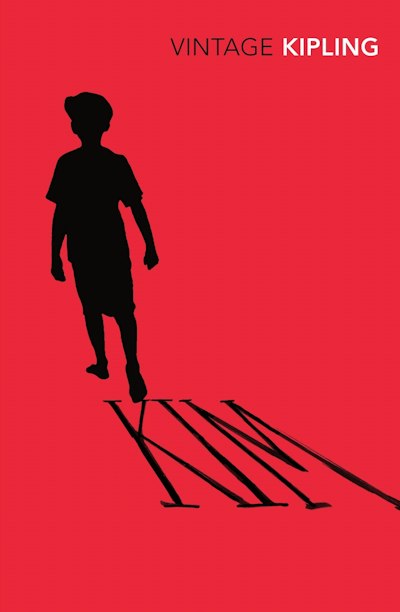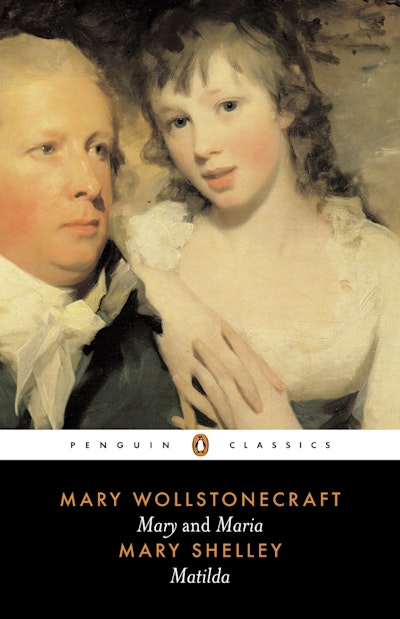- Published: 28 January 2015
- ISBN: 9780143106821
- Imprint: Penguin Classics
- Format: Paperback
- Pages: 624
- RRP: $45.00
The Light of Truth
Writings of an Anti-Lynching Crusader
A comprehensive collection of writings from journalist, lecturer, anti-lynching activist, and early civil rights advocate Ida B. Wells. This is the latest addition to the African American classics series edited by Henry Louis Gates, Jr., featuring Twelve Years a Slave.
The broadest and most comprehensive collection of writings available by an early civil and women’s rights pioneer
Seventy-one years before Rosa Parks’s courageous act of resistance, police dragged a young black journalist named Ida B. Wells off a train for refusing to give up her seat. The experience shaped Wells’s career, and—when hate crimes touched her life personally—she mounted what was to become her life’s work: an anti-lynching crusade that captured international attention.
This volume covers the entire scope of Wells’s remarkable career, collecting her early writings, articles exposing the horrors of lynching, essays from her travels abroad, and her later journalism. The Light of Truth is both an invaluable resource for study and a testament to Wells’s long career as a civil rights activist.
For more than seventy years, Penguin has been the leading publisher of classic literature in the English-speaking world. With more than 1,700 titles, Penguin Classics represents a global bookshelf of the best works throughout history and across genres and disciplines. Readers trust the series to provide authoritative texts enhanced by introductions and notes by distinguished scholars and contemporary authors, as well as up-to-date translations by award-winning translators.
- Published: 28 January 2015
- ISBN: 9780143106821
- Imprint: Penguin Classics
- Format: Paperback
- Pages: 624
- RRP: $45.00
Other books in the series
Related titles
Praise for The Light of Truth
"Wells was the most comprehensive chronicler of that common practice for which few words exist that provide sufficient condemnation. For that reason, and for Wells' immense courage, clear pen, and understanding of the nature of journalistic advocacy, this new volume ought to become required reading for anyone interested in American history or current affairs."
--Flavorwire
"An enlightening read, this collection will inspire anyone who still believes that journalism can be a voice for the voiceless."
--Bust Magazine
"Ida B Wells stands out because she insisted on seeing."
--Ta-Nehisi Coates
























































































































































































































































































































































































































































































































































































































































































































































































































